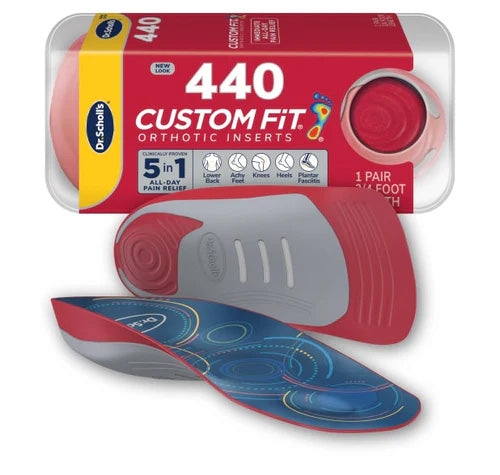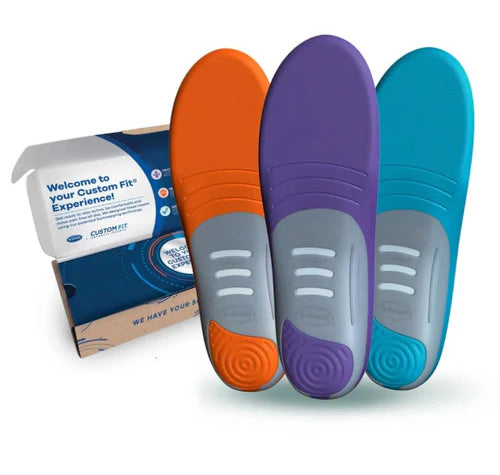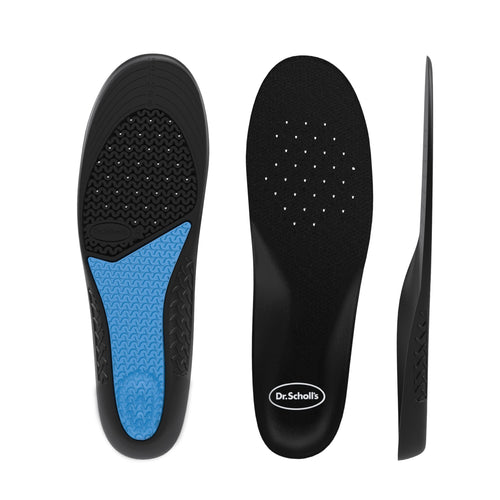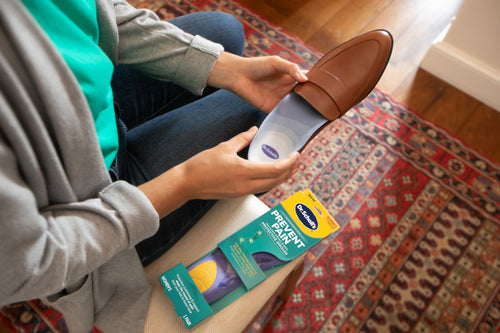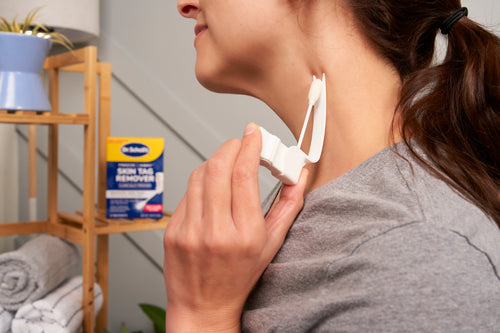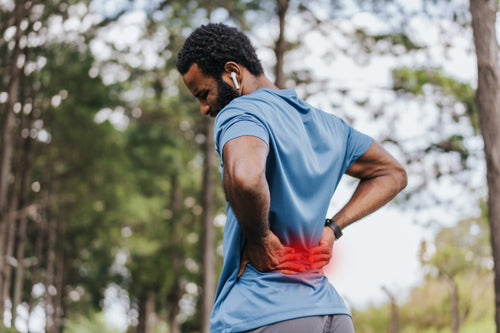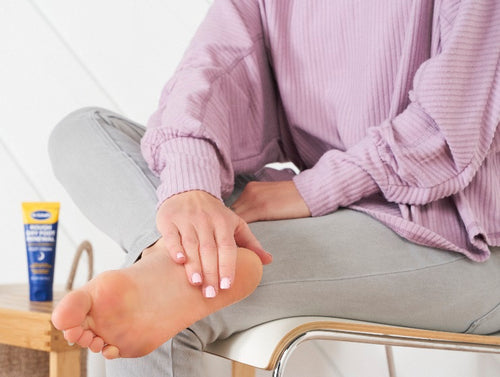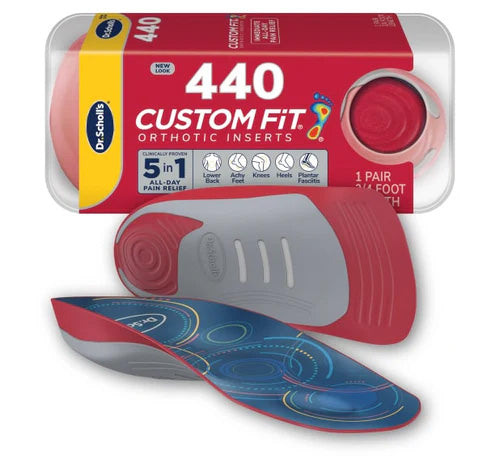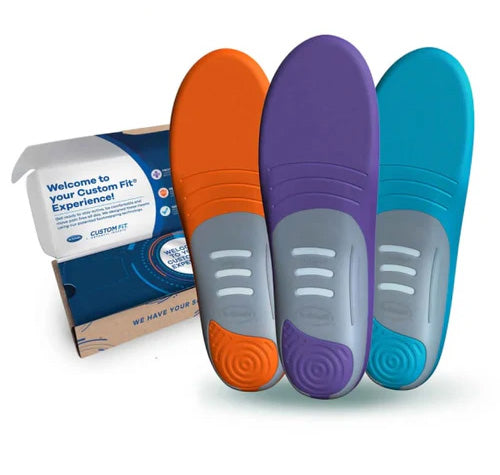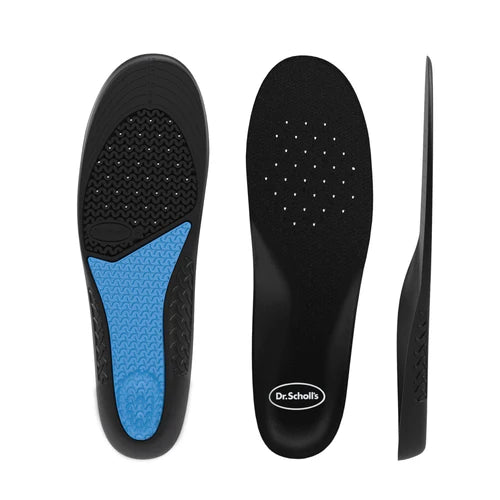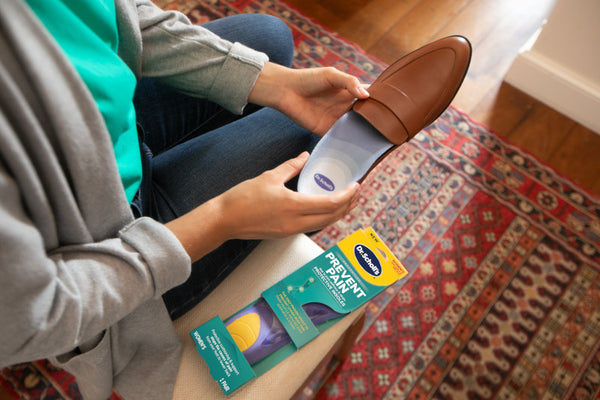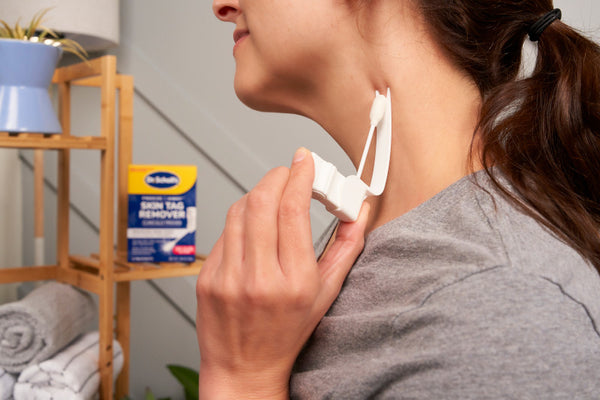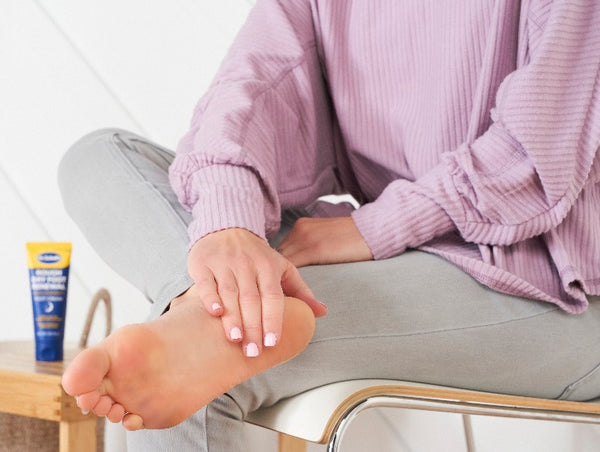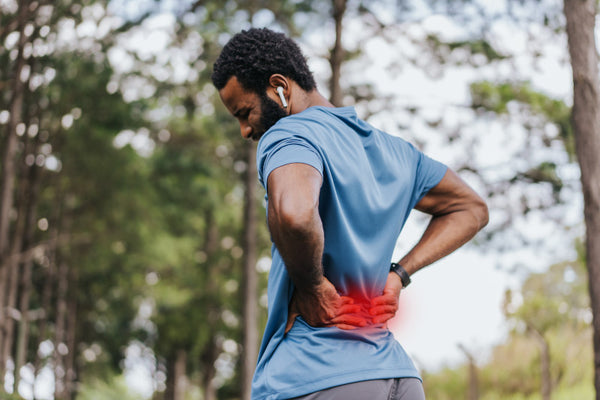Smelly and sweaty feet can be an embarrassing problem, but if you suffer from them you’re not alone. They are common problems affecting adults and children on a daily basis. It’s not unexpected that you may occasionally suffer from sweaty feet. Your feet have over 250,000 densely-packed sweat glands, and bacteria – when aided by the presence of moisture from sweat- are the primary source of stinky feet.
When you have sweaty feet, the excess foot perspiration soaks the lining of your shoes and socks. This creates an environment for bacteria to feed off the dead skin cells from your feet and grow, which causes a bad odor. These bacteria can also spread and thrive inside your shoes, leading to shoe odor.

